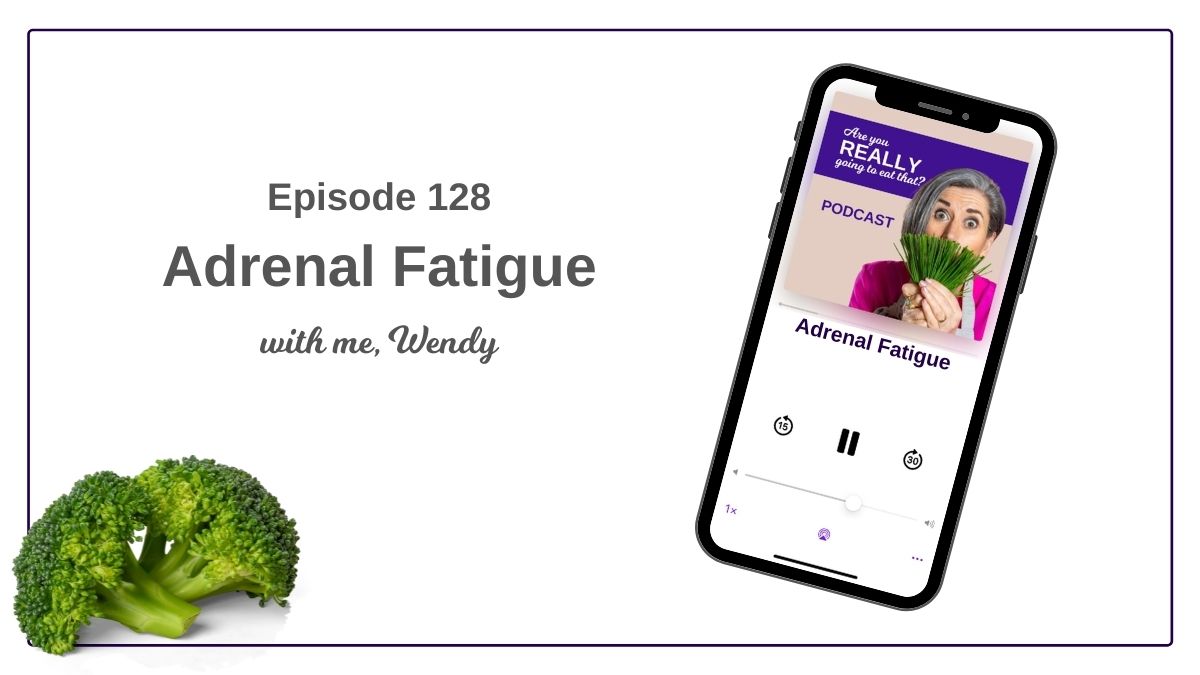Last week we talked about being tired, and this week I take this further to discuss adrenal fatigue. I’ll explain what your adrenals are, why they are key in energy production, and what we can do to reduce adrenal fatigue.
What are your adrenal glands?
Your adrenal glands are situated on top of your kidneys. They are small glands that help to produce hormones that regulate energy, immune system, blood pressure and our response to stress. Particularly cortisol and adrenalin, which are directly associated with our stress response.
The adrenals also regulate the production of our sex hormones such as testosterone and oestrogen.
Hormones travel through the bloodstream and send messages to different body tissues. They are chemical messengers.
Stress and it’s role
When we are stressed, there is a perceived threat to the body, and we release hormones to allow our body to deal with the threat. Adrenalin is the immediate hormone released, and it works to increase the blood flow to muscles and heart. It will increase our heart rate, and our responsiveness thus allowing us to evade the danger. Secondary stimulation comes from what we call the HPA axis (Hypothalamus, Pituitary, Adrenal) which stimulates cortisol. Cortisol is felt across every single body system, and it is the hormone we most associate with stress.
Ideally, we should release cortisol in line with our circadian rhythm. It should be higher in the morning when we wake, and is stimulated by light. It is the hormone that gets you out of bed in the morning. The levels should then gradually decline after lunch with its lowest levels around midnight. However, every time we experience stress we release cortisol, and this starts to affect our natural rhythm.
The key is balance.
The HPA axis and cortisol should be activated at times of need, to motivate and move us. The counterbalance for this is our our parasympathetic nervous system (PNS). This system is responsible for producing GABA, a neurotransmitter, which has a calming effect. When we activate our PNS we are in a calm state, this is what helps us digest food, rest and sleep.
When we are living in high stress and producing excess cortisol we are putting pressure on our HPA axis and overworking our adrenal glands, leading to adrenal fatigue.
How might this affect the menopause?
Adrenalin and cortisol are priority hormones. We need them to survive and so our body will prioritise making them over other hormones. The adrenal glands also make our sex hormones such as testosterone and oestrogen.
If we are constantly calling on the adrenals to produce cortisol when do they get chance to make oestrogen? And will they have the raw materials or the energy to do so?
Whilst we might be able to power through lower levels of oestrogen in our twenties and thirties, as our forties approach and our body starts to naturally produce less oestrogen, the effect of stress on our adrenals can have a greater impact.
What can you do to help yourself?
Simply put, reducing stress is the key to easing the pressure on our adrenal glands and the levels of cortisol in our bodies. Simple changes such as:
- Resetting the circadian rhythm – morning walks and reducing blue light in the evenings
- Deep breathing activates the PNS and helps rebalance the HPA axis
- Reducing unnecessary stressors
- Getting a good night’s sleep
- Eating a balanced diet – so that we have the raw ingredients needed
The sooner you understand how to nourish your adrenal glands and ensure that your body is in balance, the easier it will be.
My links
Do you think that you are tiring your adrenal glands? If this episode has helped you please let me know!

